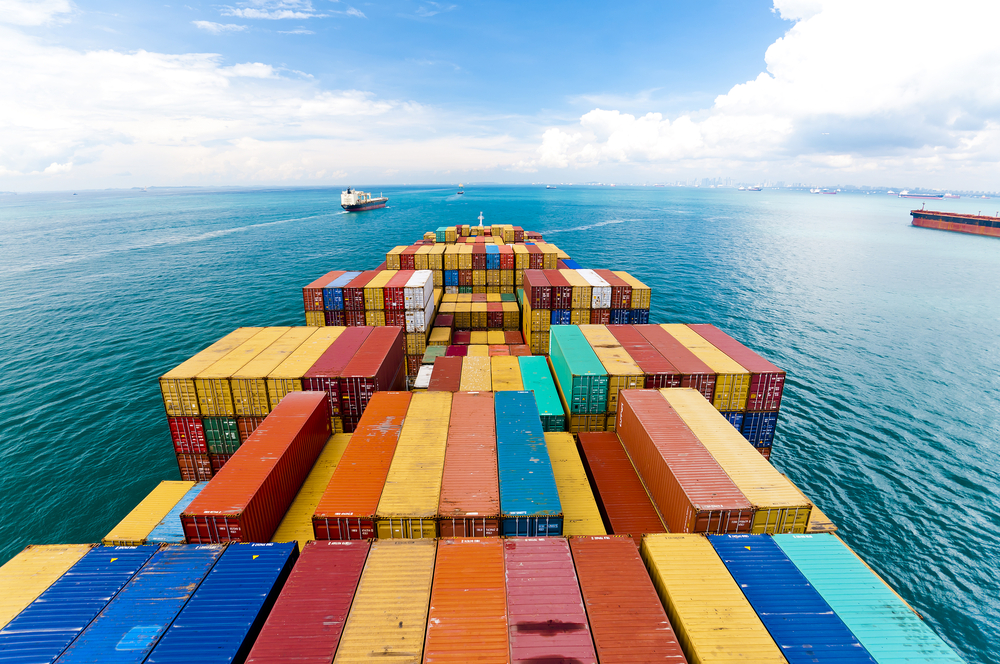OPINION: On the one hand, I’m really supportive of some of the comments made by the incoming Environment Agency chair Alan Lovell.
But on the other, I disagree, and I’ll be writing to him to explain why.

Of course, I welcome him to the role, but it is clear he needs to work in the interests of not only the UK recycling industry, but the wider circular economy of which we are part.
At his pre-appointment hearing held by the Environment, Food and Rural Affairs and Environmental Audit Committees in Parliament, he said that there needs to be strong financial incentives to encourage recycling over the incineration of waste. I completely agree with that.
While energy from waste has a part to play, we need to minimise it and ensure our resources are recycled, and ideally reused if possible. Using financial incentives to reduce incineration of resources has to be beneficial.
In a sense, I agree with him when he says that we should stop exporting waste. Of course we should. But I think his definition of waste is different to mine. For me, waste is what we cannot recycle. But I believe he is describing all secondary materials as waste.
Waste is a technical/legal term, but it is also emotive and doesn’t do justice to the raw materials we are producing for industry. By using the term ‘waste’ as a catch-all, he is diminishing the recycling industry in the public sphere, and that undermines all the efforts we have made so far to increase recycling rates and improve the quality of our materials.
As we become resource efficient economies, we are moving to meeting industry specifications such as EN643 for paper and cardboard, for example.
I was pleased to see new CIWM president Anna Willetts talk about end of waste in her presidential speech. This is a process ourselves, ESA and CIWM are investigating.
But Anna also noted that we need alternative approaches to assessing risk and human health, and this is why we need defined standards on what is considered a raw material and what is a waste.
It is unlikely we’ll have the capacity to recycle all our paper in the UK
Exports
By lumping secondary commodities and waste all together, I suspect Alan Lovell means we should stop exporting recyclable materials, and on that I strongly disagree.

When I write to him, I will show that the UK is a net importer of material and that is why we have to export. For example, in cardboard and paper, we typically collect around 8 million tonnes in the UK, but only have the mill capacity for less than 4 million tonnes.
I would suggest it will be unlikely that we’ll ever have the capacity to recycle all our paper and cardboard in the UK. If we restrict exports, we’ll end up incinerating it, losing value and Alan Lovell said he wants to encourage recycling through financial incentives, rather than burning it.
As much of this fibre comes from abroad to protect the products we buy, it makes sense to send high quality secondary commodities to be recycled at state-of-the-art mills in Europe, Turkey, India and South East Asia. These exports provide jobs both in the UK, and also in these destinations, so that the products we buy from there are well protected. As part of a global circular economy, it is vital that we protect trade, but also ensure these secondary raw materials are sent to where new products are manufactured.
Currently, there is joined up thinking from Defra and the administrations in the devolved nations about significantly collecting more and better quality materials over the next three to five years. If we prevent markets from accessing these materials through regulation, then we have to incinerate it as we don’t have the capacity to recycle all these secondary materials in the UK. Incinerating them really would be a waste of these resources.
We also have to recognise that many of those destinations that import our material have introduced tough inspection criteria. While in the UK, ourselves and others recognise that we have to keep quality standards high. Indeed, we’ve been saying this since we launched our Quality First campaign in 2016.
Strategy
Measures in the Resources & Waste Strategy will improve quality, including use of simple and easy-to-recycle packaging materials, consistent collections and tougher rules for exporters.
One way in which the Environment Agency could help legitimate exporters is by clarifying the percentages of non-target materials that they will permit for exported products. It is a guessing game at the moment, and I’ve seen prosecutions occur for material that was of a very high standard. I’m sure in his corporate background at Interserve and other companies he would have sought clarification from Government and my exporting members deserve the same.
Of course, I will write to him in the coming days to welcome him as chair of the Environment Agency, and I hope he will meet with me so I can highlight why exporting high quality recyclable materials benefits the UK economy and environment.
As chief executive of the Recycling Association, my hope is that we will work with the team at the Environment Agency, including its chief executive Sir James Bevan, to develop fair and clear rules on the export of secondary materials. Of course, we will also support punishment for those that export illegal waste.
It is in all our interests that we produce high quality recyclate whether that is for UK recycling businesses, or those abroad. By doing this, we ensure we do not burn valuable resources and recycle them instead.











Subscribe for free